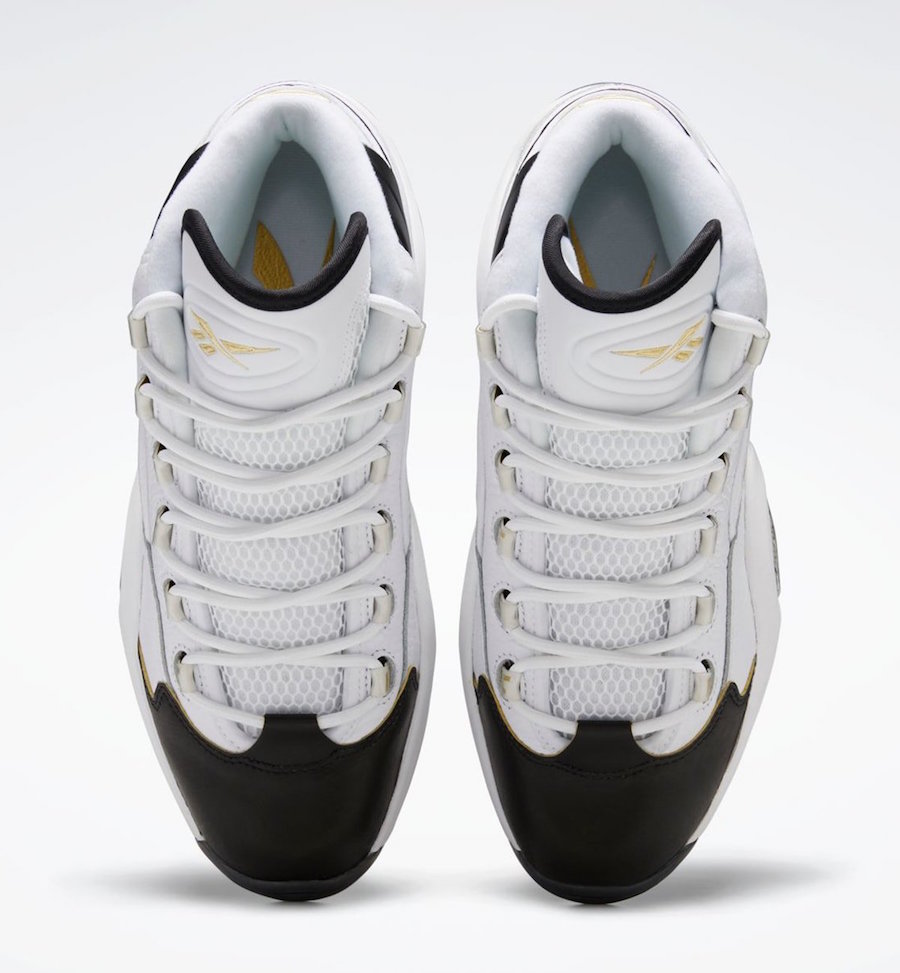Smedley, Brian D.; Stith, Adrienne Y.; and you will Nelson, Alan Roentgen., eds. 2002. Unequal Cures: Confronting Racial and Cultural Disparities within the Healthcare. Washington, D.C.: National Academy Force.
But not, there are various bodies legislation or other regulation contained in this healthcare now one to maximum elite independency, causing considerate health professionals to be concerned whether they will have the ability so you can award first top-notch tenets of your professional–diligent dating
Smith, Sheri. 1980. «Three Models of the new Nurse-Patient Relationship.» In the Medical: Photos and you may Ideals: Starting Conversation for the Humanities, ed. Stuart Spicker and you can Sally Gadow. Nyc: Springer.
Within the 1992, Ezekial Emanuel and you may Linda Emanuel, a couple of medical practitioner bioethicists, including exhibited four models with the thing is, however, set the latest framework as a whole where each design reveals the stress between patients’s freedom and their fitness in addition to certainly some medical practitioner and you may patient beliefs: On the paternalistic model, a doctor individually acts with respect to this new patient’s better-being; at reverse pole, throughout the educational model, the in-patient obtains the advice together with doctor serves as a beneficial technical expert simply; on interpretive design, the patient’s every day life is regarded as a certain facts or story from which a mutual knowledge of appropriate requirements and you may treatments try derived; and also in this new deliberative model, the physician, whom comes with the associated information into diligent, also will act as a mixed professor-buddy so you can encourage the individual with techniques which might be consistent with the patient’s wellness-related values.
That it latter means diverges dramatically on antique and most contemporary research for the role out-of care and its particular link to compassion on the larger moral context of your own professional–diligent relationships
NONMALEFICENCE. The brand new maxim to do no harm, primum low nocere, might be quoted just like the earliest moral idea from medical behavior. The definition and you can convenience is going to be gleaned on major thought given to the concept within the deontological (duty-oriented) approaches to ethical viewpoints. W. D. Ross contends that it’s our strict duty so you can cause no damage intentionally, just like the to reside any other type from community would make all of us too vulnerable. This obligations, the guy contributes, is not covered by the duty to avoid or dump established harm, or even do-good (Ross).
Autonomy And you may Care about-Devotion. On lifestyle away from scientific stability, talk from freedom did not work at diligent autonomy however, for the brand new professional’s independence, the assumption are you to liberty of impingement because of the someone else toward his or the girl medical view and practice try an option way to pretending beneficently on the part of new patient’s needs.
A couple of crucial issues are being increased regarding the position from diligent flexibility regarding elite–diligent matchmaking. The initial address contact information an increased attention to the necessity of range of the pros In order to satisfy the ethical mandates out of social susceptibility and you may social competence, the brand new top-notch have to have an intense understanding of how various countries conceptualize personal, family members and you can clan opportunities when it comes to decision making (Hyun). In a few teams the fresh new professional’s insistence towards the patient’s personal informed concur was fairly and you will socially antithetical to help you data recovery or any other appropriate reasons for having looking for top-notch attract. An extra concern arises in cases of large medical/health-related uncertainty. Brand new professional’s spirits so you’re able to mutual decision making tend to falters, likely due to a concern you to a solution off uncertainty usually weaken this new person’s otherwise family’s count on otherwise create additional be concerned to have him or her (Parascandola, Hawkins, and you will Danis). These inquiries guarantee careful attention and you may lookup.
Due to the fact later twentieth century, numerous top ethicists enjoys added a lively re also-examination of the virtues that needs to be expressed from the medical researchers. Prominent among them try Edmund Pellegrino and David Thomasma just who propose that the contemporary reappraisal isn’t a try to demean the brand new increased exposure of legal rights-and-duty-situated stability, «however, a detection one rights and you will requirements despite, the ethical capabilities nonetheless activates dispositions and you may character traits away from the fellow-men and you may girls» (Pellegrino and Thomasma, p. 113).
Anne Bishop and John Scudder propose that «Becoming caring isn’t a thing that people can achieve from the an act regarding often. You’ll be able, however, are available to compassion, to-be founded making sure that mercy could be evoked…» (p. 81). They conclude that professionals who do not end up being compassion but i have an intense wish to tell you compassionate(we.e., end up being entitled so you can care and attention) can actually show worry by a look closely at fostering this new person’s well-getting and an union so you’re able to complete involvement in starting to be an effective specialist. In a few most recent solutions to professional care, mercy and other virtues commonly invoked after all; instead the latest emphasis transforms exclusively so you can make and you will routines that individuals disciplines explain since the compassionate behavior into aim of adding her or him with the an assessment out of measurable effects in-patient administration (Galt). There are also big caveats raised regarding the a specialist principles centered mainly toward notion of worry.
Lammers, Stephen Elizabeth., and you can Verhay, Allen, eds. 1998. For the Ethical Treatments: Theological Point of views inside Medical Ethics, 2nd edition  . Grand Rapids, MI: William B. Eerdmans.
. Grand Rapids, MI: William B. Eerdmans.
